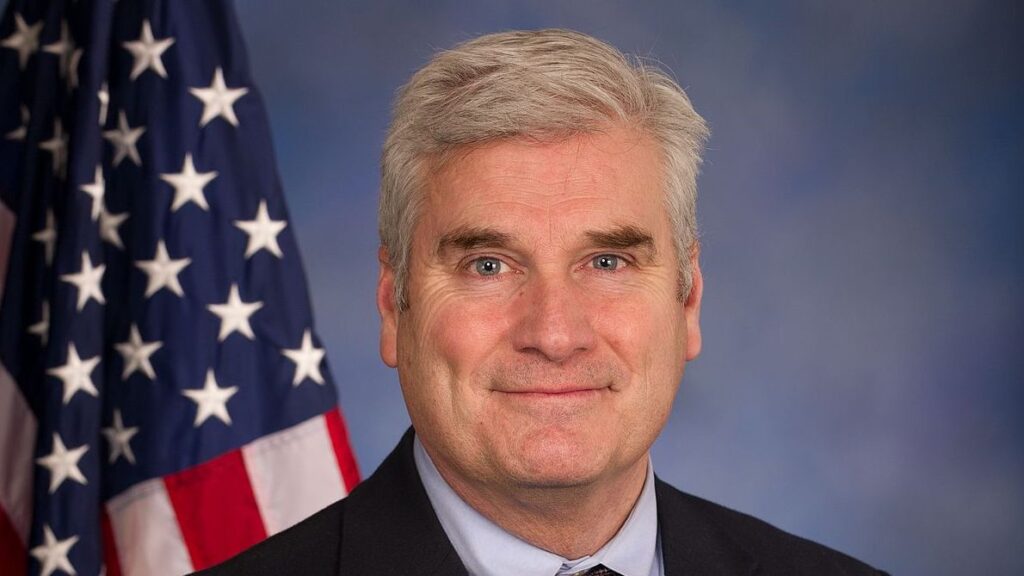House Majority Whip Tom Emmer criticizes SEC Chairman Gary Gensler for handling SAB 121, expressing concerns over regulatory overreach.

Tom Emmer, majority whip of the House of Representatives, has criticized Securities and Exchange Commission (SEC) Chairman Gary Gensler for his management of Staff Accounting Bulletin (SAB) 121.
Emmer argues that Gensler’s methodology is in opposition to the primary objective of the SEC, which is to ensure fair, efficient, and orderly markets, safeguard investors, and promote capital formation. This allegation stems from concerns that the newly implemented regulation may result in excessive regulatory overreach.
Emmer criticized the SEC for what he perceives to be a departure from its statutory obligations. Additionally, he asserts that the SAB 121 regulation, which restricts banks from providing compelling evidence of crypto asset holdings, could undermine investor confidence and market efficiency.
This stance embodies a broader concern among Republicans regarding the potential negative repercussions of increased regulation on the capital markets.
The SEC’s statutory mission is to protect investors, facilitate capital formation, and maintain fair, orderly, and efficient markets.
Chairman Gensler is violating all three of these with his illegal SAB 121 rule.
— Tom Emmer (@GOPMajorityWhip) May 7, 2024
Congressman Emmer and SEC Chairman Gensler have previously experienced disagreements concerning regulating digital assets. Emmer had previously lamented in March that Gensler purportedly exceeded the regulatory authority of the SEC by harboring an anti-cryptocurrency bias. According to Emmer, the expansive interpretation of the SEC’s rules as “guidance” is improper for Congress and the general public.
The tension indicates the ongoing struggle between fostering innovation in the swiftly evolving cryptocurrency industry and ensuring robust regulatory oversight. Consistently a staunch supporter of minimal regulatory intervention, Emmer has advocated for investor protection and legislation encouraging innovation.
His legislation, the CBDC Anti-Surveillance State Act, aims to protect the financial privacy of the American people from intrusive government. There are currently 120 co-sponsors and many stakeholders who have expressed their support.
Recently, the SEC has exhibited heightened assertiveness and engagement with prominent entities within the cryptocurrency sector. In addition to other entities, Binance and Kraken have been subject to more stringent regulations.
Furthermore, the regulatory body has extended its influence to encompass the decentralized finance (DeFi) industry. It has delivered a substantial notification to UniSwap, signifying increased regulatory scrutiny.
The regulatory body’s assertive methodology has engendered legal disputes. Consensys, a prominent Ethereum developer, initiated legal proceedings against the SEC in April.
The Commission’s current “attitude” suggests that Ethereum may be classified as a security rather than a commodity. This follows the transmission of a Wells notice to Consensys concerning its MetaMask wallet product. Consensys asserts that the development of a MetaMask interface constitutes most of its operations and does not qualify it as a broker subject to a stringent securities law regime.
